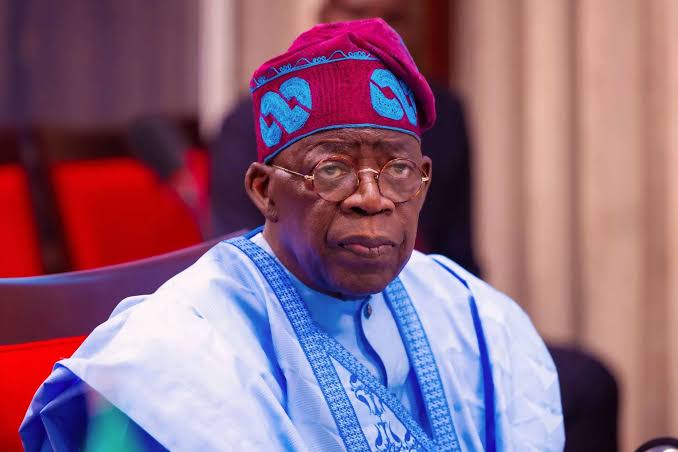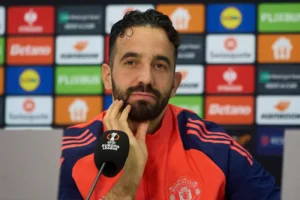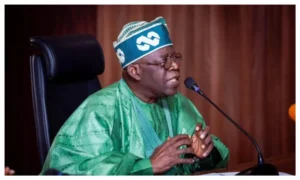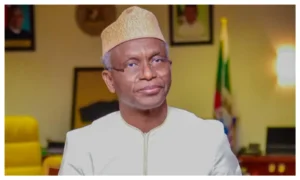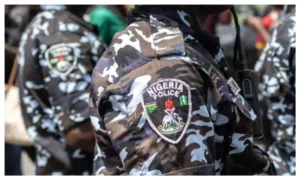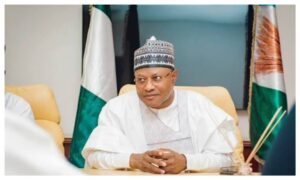The Nigerian government has approved N4.8 billion to buy 150,000 HIV treatment packs. This move is to ensure that people living with HIV/AIDS continue to get the treatment they need, despite recent changes in US foreign aid policies.
For many years, Nigeria has relied on international donors, especially the President’s Emergency Plan for AIDS Relief (PEPFAR), to support HIV treatment. PEPFAR has provided billions of dollars in funding, helping millions of Nigerians with free or low-cost HIV treatment.
However, a recent executive order from former US President Donald Trump temporarily stopped funding for many foreign aid programs, including HIV/AIDS support in Nigeria. This caused concerns that many people might lose access to life-saving treatment.
To prevent this, the Federal Executive Council (FEC) approved this funding during its meeting on Monday, February 3.
Speaking on the decision, Muhammad Pate, the Coordinating Minister of Health and Social Welfare, said the government is committed to ensuring that HIV treatment remains available, no matter what happens with foreign aid.
“This decision shows that the government is serious about supporting HIV patients, even when international support is uncertain,” Mr. Pate said.
The government is now working on a long-term plan to make sure HIV treatment remains sustainable, even if international funding decreases in the future.
Following concerns over the funding freeze, the new US Secretary of State, Marco Rubio, approved an “emergency humanitarian waiver”. This allows PEPFAR to resume operations in 55 countries, including Nigeria.
This means that US support for HIV treatment in Nigeria will continue. However, the Nigerian government still wants to strengthen its own funding sources to avoid relying too much on foreign aid.
With the N4.8 billion approved, Nigeria is taking an important step toward securing HIV treatment for its citizens. The goal is to reduce dependence on international aid and ensure that HIV patients always have access to treatment.
This move shows that Nigeria is serious about fighting HIV/AIDS and ensuring continuous care for those who need it.
